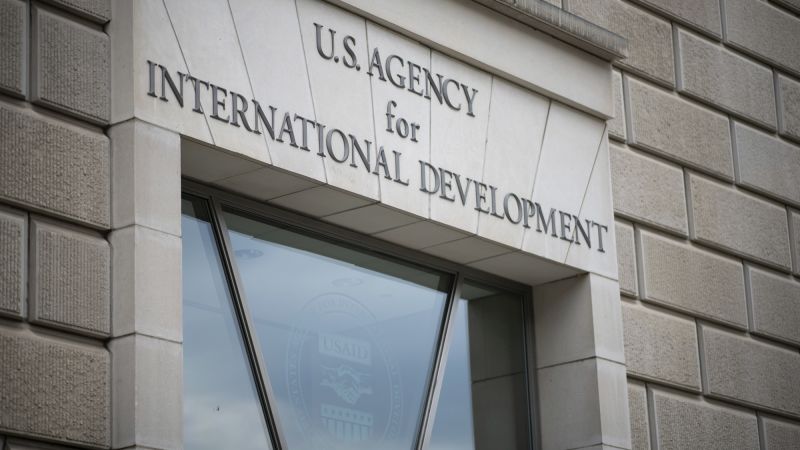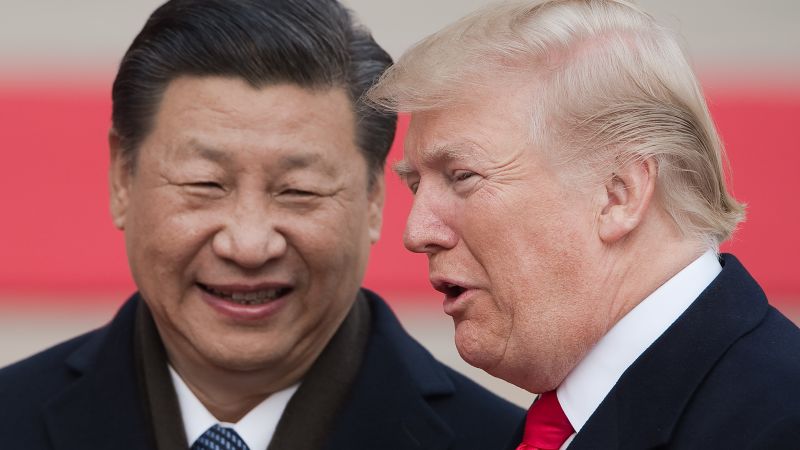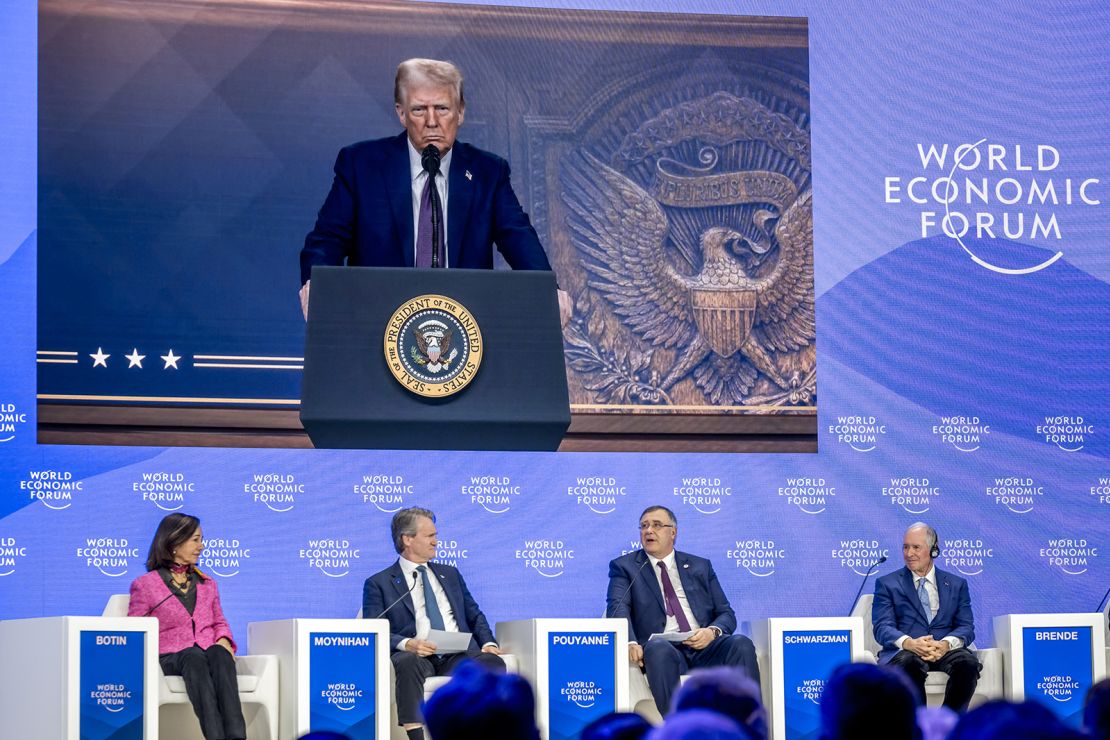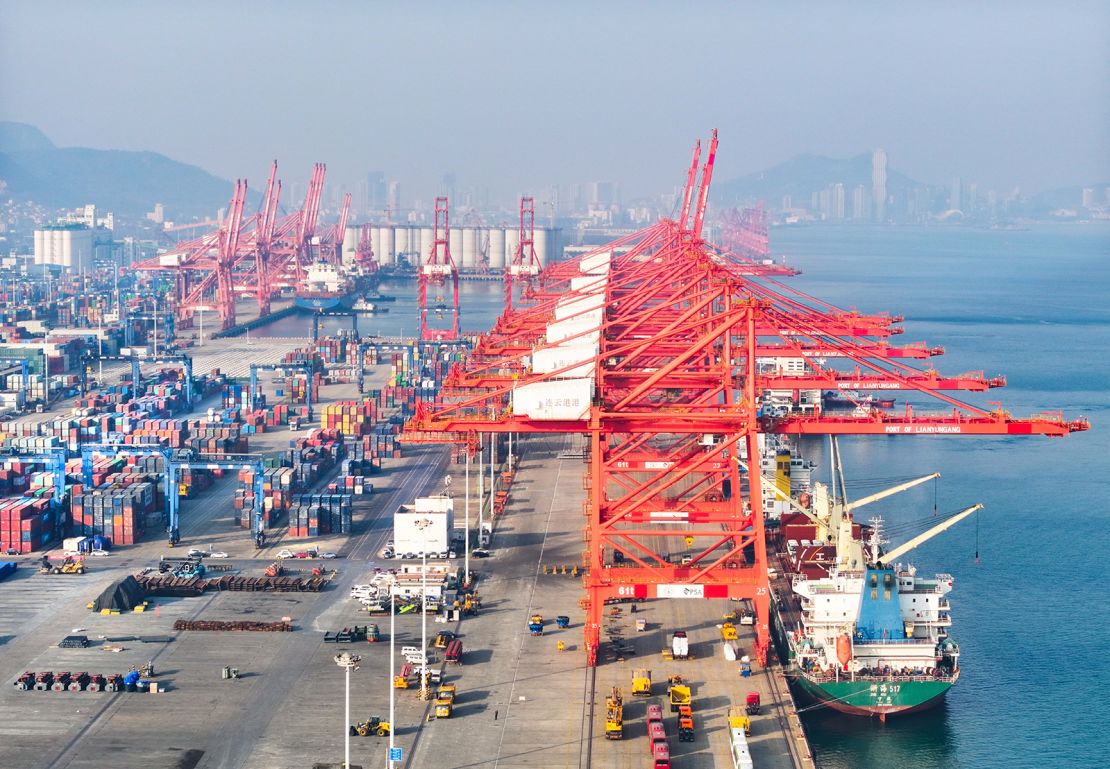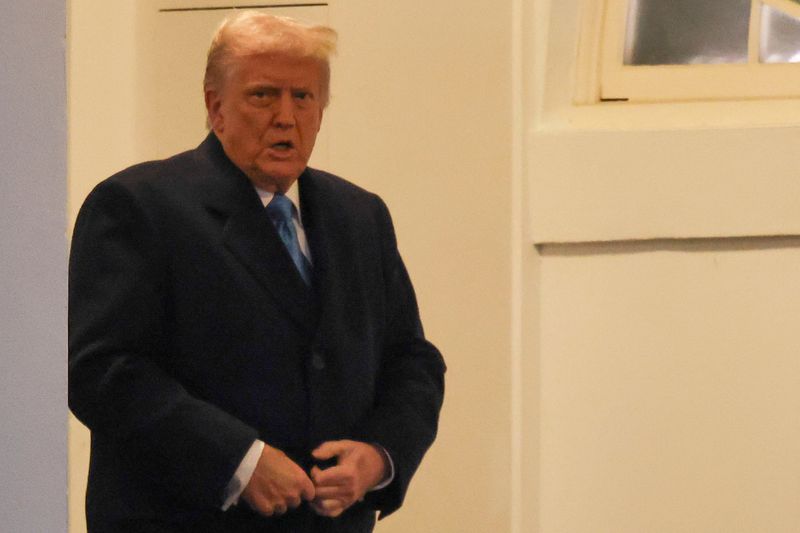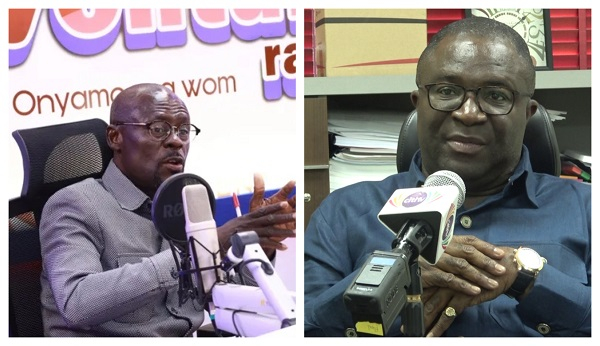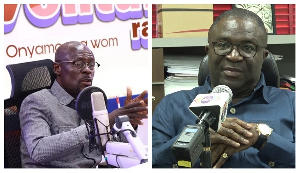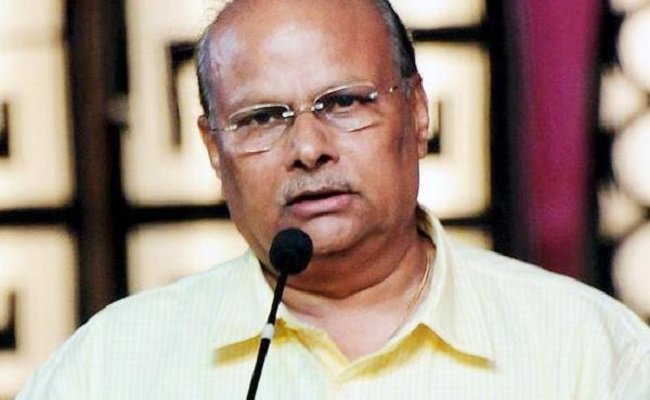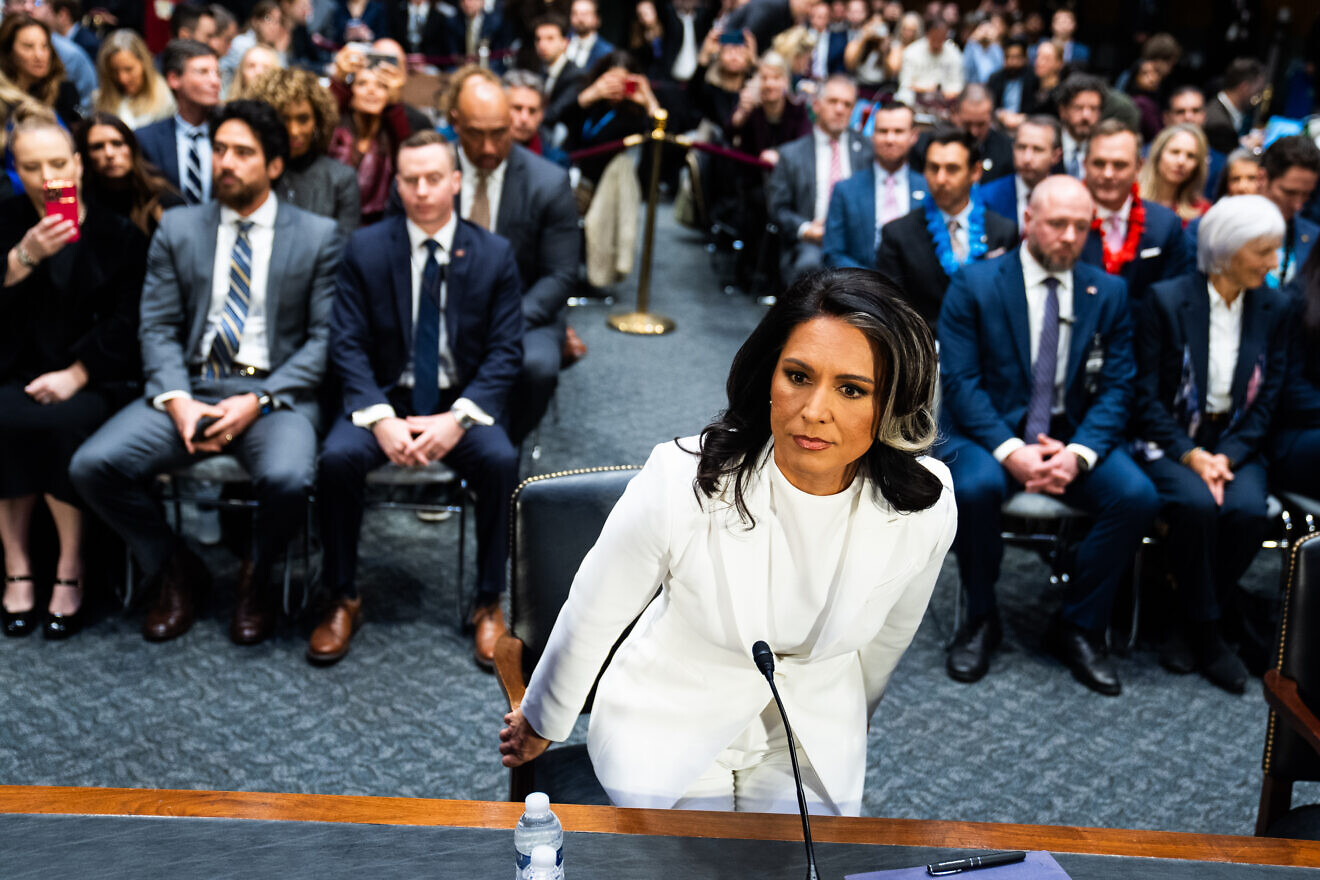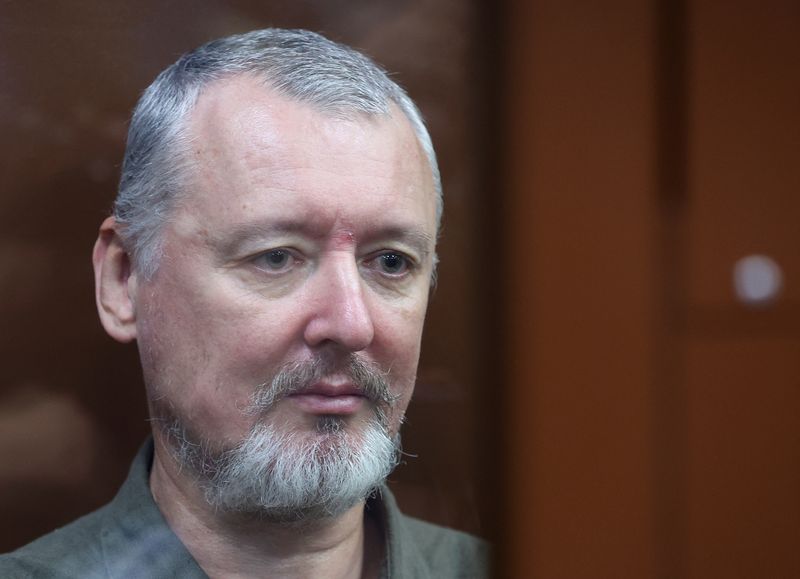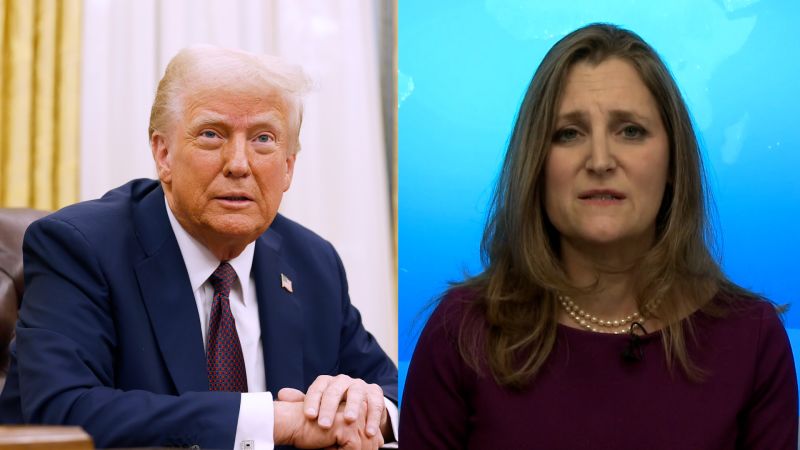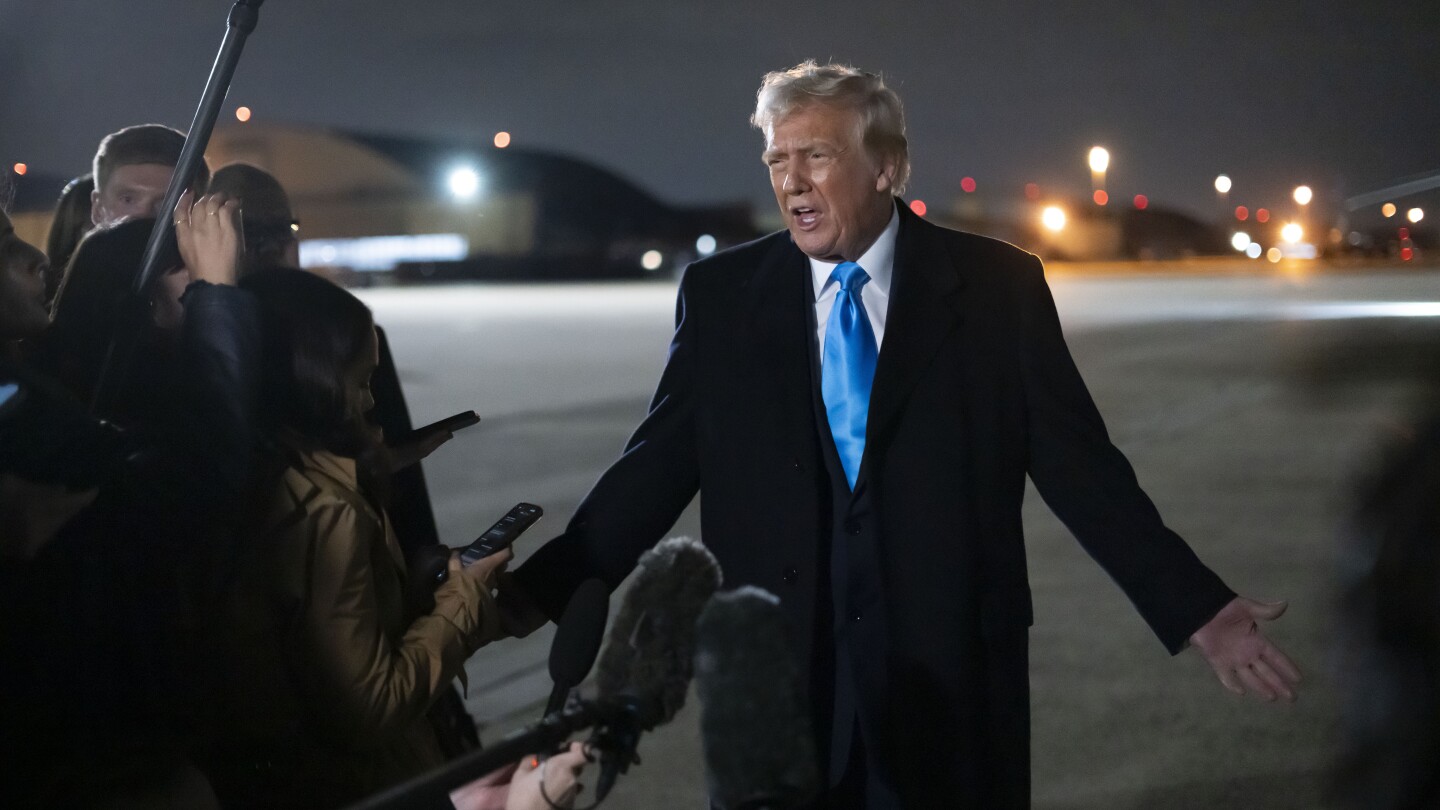CNN
—
The fate of the US Agency for International Development appeared bleak Monday after Elon Musk, the world’s richest man charged with overhauling the federal government, said President Donald Trump had signed off on shutting the agency down.
In Washington, USAID’s headquarters was closed for the day, with employees told in an email to remain at home.
Logos and photos of its aid work have been stripped from building walls. And its website and social media accounts have gone dark, replaced with a reduced version of its webpage on the State Department’s website.
The longtime international aid agency has found itself in the crosshairs of Trump and Musk’s effort to reform the federal government. Trump and his allies have said the agency, created by Congress as an independent body, is overtly partisan and favorable to Democrats.
Lawmakers and aid workers have been bracing for Trump to shut down the agency entirely and place it under the umbrella of the State Department, a step that appeared imminent Monday morning following Musk’s comments during a talk on X, the social media platform that he owns.
“With regards to the USAID stuff, I went over it with (the president) in detail and he agreed that we should shut it down,” Musk said in a X Spaces conversation early Monday.
CNN has reached out to the White House and USAID for comment. Trump himself affirmed his disdain for the agency and its mission of providing foreign aid during a question-and-answer session with reporters late Monday.
“It’s been run by a bunch of radical lunatics, and we’re getting them out, and then we’ll make a decision” on its future, he told reporters at Joint Base Andrews.
USAID workers were emailed shortly after midnight that they should not come into their Washington office, according to multiple sources familiar with the matter.
“At the direction of Agency leadership, the USAID headquarters at the Ronald Reagan building in Washington, D.C. will be closed to Agency personnel on Monday, February 3, 2025. Agency personnel normally assigned to work at USAID headquarters will work remotely tomorrow, with the exception of personnel with essential on-site and building maintenance functions individually contacted by senior leadership,” said the email, of which CNN has obtained a copy.
Over the weekend, two top security officials at USAID were put on administrative leave for refusing members of the Department of Government Efficiency access to systems at the agency, even when DOGE personnel threatened to call law enforcement, multiple sources familiar with the situation told CNN.
The DOGE personnel wanted to gain access to USAID security systems and personnel files, three sources said. Two of those sources also said the DOGE personnel wanted access to classified information, which only those with security clearances and a specific need to know are able to access.
Three sources told CNN that in the end, the DOGE personnel were eventually able to access the headquarters. Katie Miller, whom Trump named to DOGE in December, on Sunday appeared to confirm that DOGE personnel had accessed classified information.
“No classified material was accessed without proper security clearances,” she posted on X.
USAID workers were also informed last week that the agency’s Google Drive is now accessible from the State Department.
“We have been officially informed that the US Department of State now has access to all of our internal documents and our entire suite of files, documents, everything — all of our systems,” a USAID worker said.
USAID logos and photos showing the humanitarian work the agency does around the globe were removed from its offices last week, multiple sources familiar with the situation told CNN.
“All of the visuals have been taken down. These are like large-scale photos of our work in developing countries that are in our lobbies, in our galleys, in communal kitchens, hallways,” a USAID employee said. “An order also came down to individual bureaus and offices to remove all USAID artwork and signage.”
Another USAID worker told CNN: “They’ve taken the photos off the walls, and we’re missing half of our colleagues because our colleagues are gone and have been let go, and everyone sort of feels like they’re walking around with a target on their back.”
A source who works in a USAID annex building told CNN they have no word on whether they should go to work on Monday.
When asked if leaders in their department appeared to have any more information on the future of the agency’s work, the source said: “Our senior leaders have all been fired.”
Around 60 senior USAID staff were put on leave last week on accusations of attempting to circumvent Trump’s executive order to freeze foreign aid for 90 days. Many more junior staff and contractors within the agency have been placed on furlough as well, multiple sources told CNN.
On Saturday, USAID’s website went dark and a new page for the agency appeared on the State Department website. USAID’s X account also went offline Saturday, and a source told CNN that the entire USAID public affairs office was put on leave and locked out of their systems.
Shortly after being sworn in last month, Trump issued a sweeping executive order pausing all foreign aid for 90 days, leading to widespread confusion, layoffs and program shutdowns.
USAID was established in 1961 under President John F. Kennedy’s administration and is the US government’s humanitarian arm. It dispenses billions of dollars annually across the world in an effort to alleviate poverty, treat diseases, and respond to famines and natural disasters. It also promotes democracy building and development by supporting non-government organizations, independent media and social initiatives.
USAID is a key soft power tool of the US to foster relations with communities around the world, officials say, noting that US national security is approached with the “three D” pillars: defense, diplomacy and development, led, respectively, by the Defense Department, State Department and USAID.
This story has been updated with additional reporting and background information.
CNN’s Jennifer Hansler and Alex Marquardt contributed to this report.
